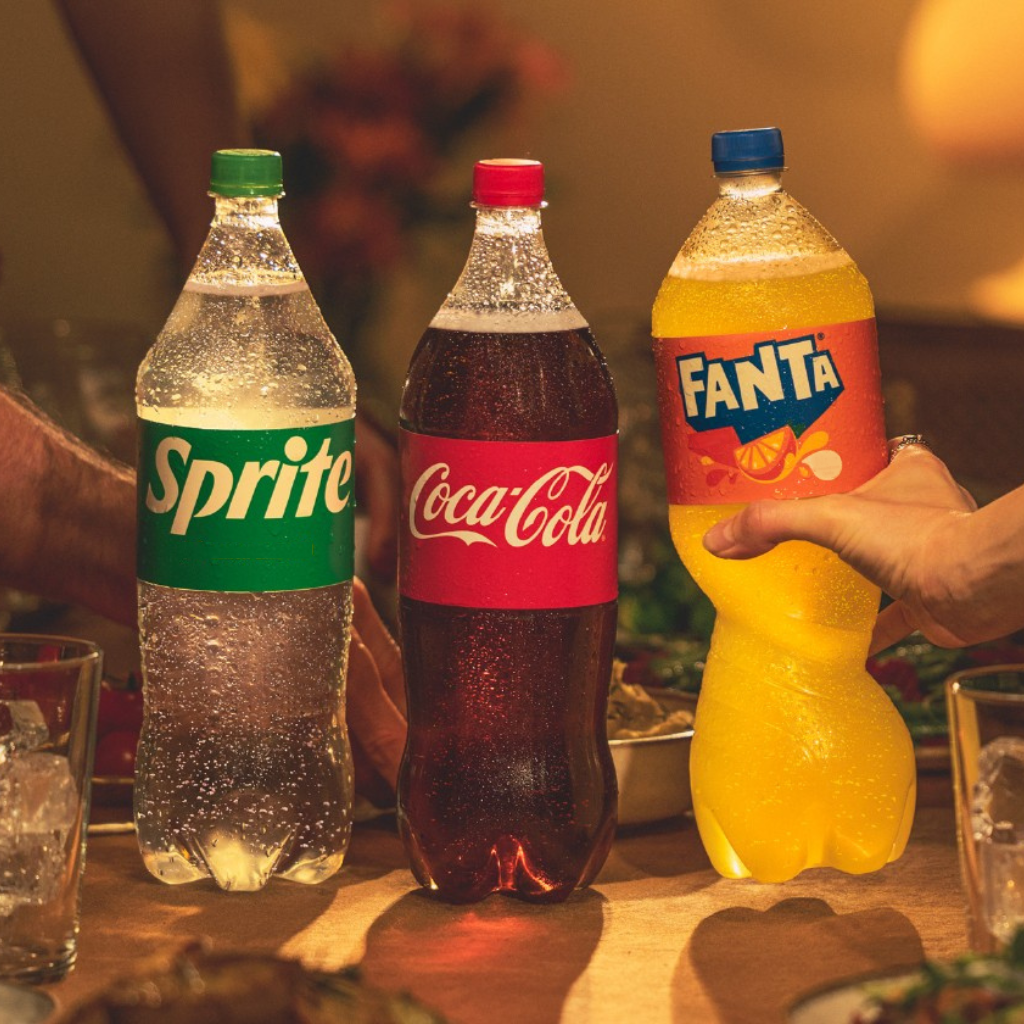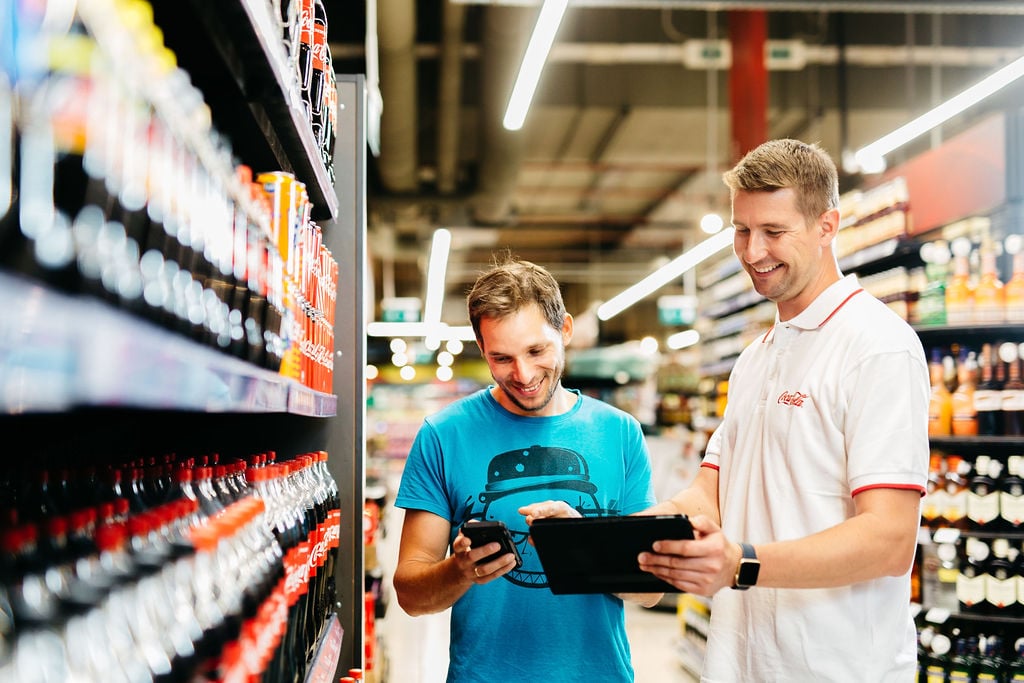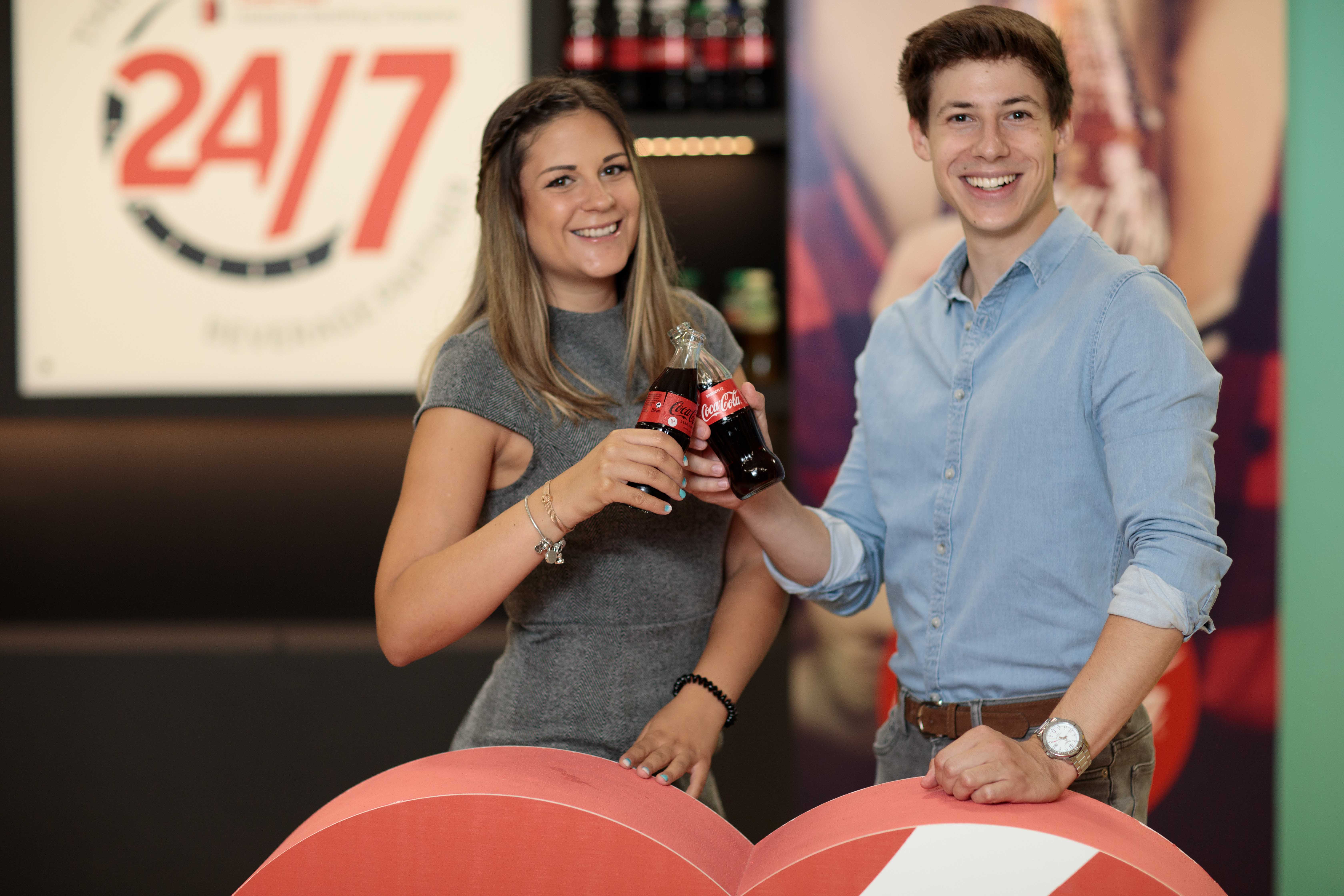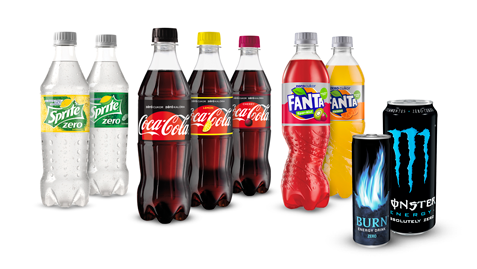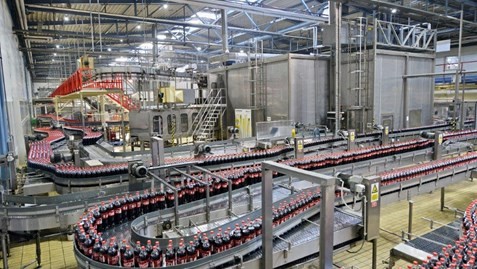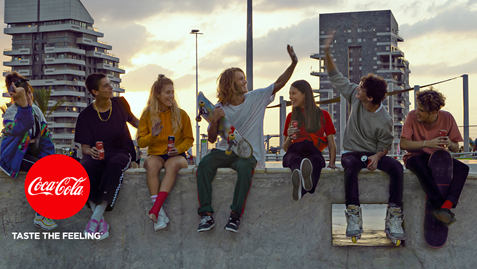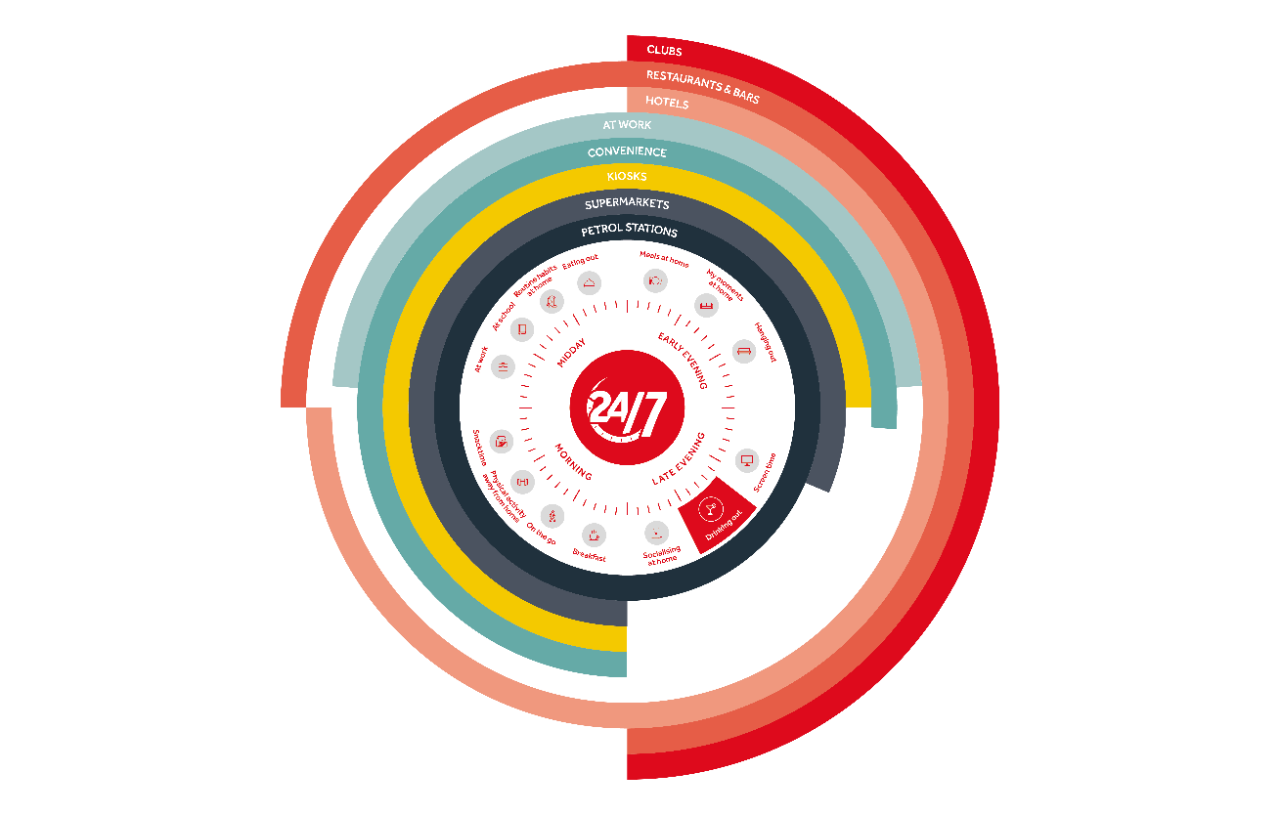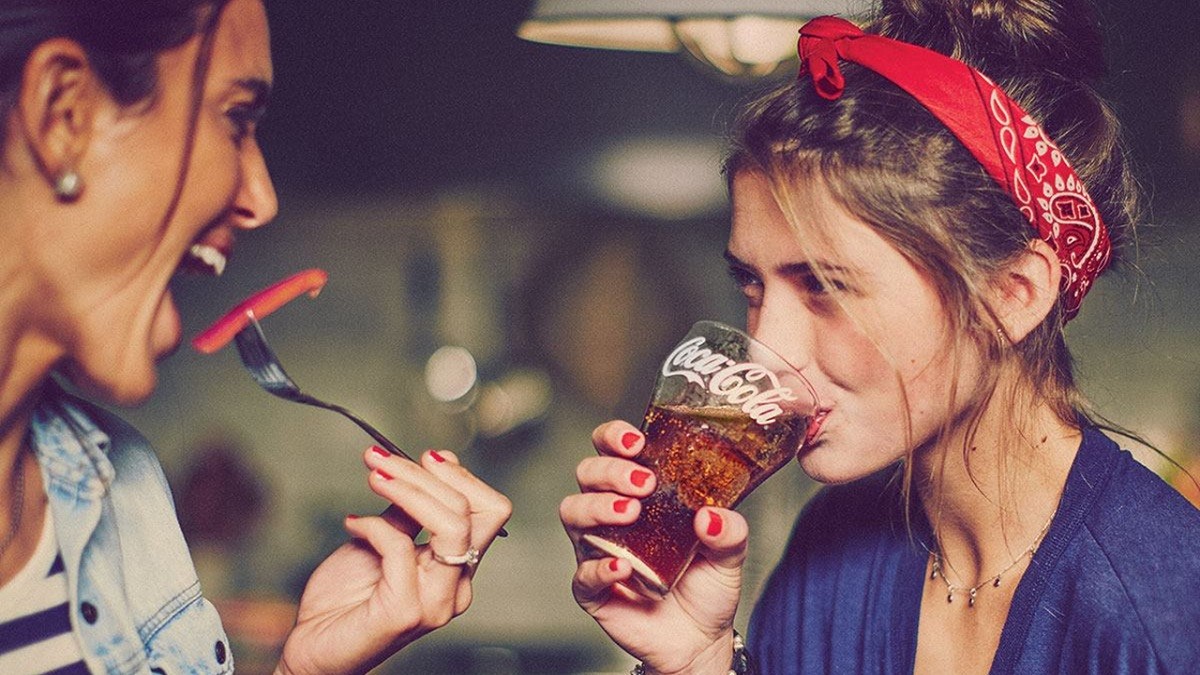We are committed to marketing responsibly wherever we operate, across all advertising media and for all our products, especially when it comes to marketing to children.
At Coca‑Cola HBC, our marketing philosophy considers the best interest of the communities which we operate in. We believe that responsible marketing is a core issue for our economic, environmental and social impacts – it enables us to foster community trust and align our products with what consumers prefer.
Our marketing programmes fully comply with marketing communication laws, standards and voluntary codes – this includes advertising, promotions and sponsorship.
Respecting the rights of parents and caregivers is a cornerstone of our responsible marketing policy. We respect their role in making the appropriate choices for their children by not marketing directly to children under 13 and we are working with third-party distributors to adhere to the same commitments.
Our commitment to responsible marketing also includes helping to develop industry codes of practice, such as the commitments of the Union of European Soft Beverages Associations (UNESDA).
AS OF JANUARY 2018, WE NO LONGER SELL SUGARY DRINKS IN HIGH SCHOOLS
In September 2017, Unesda – Union of European Soft Drinks Associations – announced that its member companies, including Coca Cola HBC, would voluntarily stop selling sugary soft drinks in the high schools of all 28 member states of the European Union. The voluntary commitment was in line with the industry’s policy for responsible marketing to children and young people, which banned the sale of sugary drinks in primary schools and their advertising to children under 13 in 2006.
UNESDA also emphasized in its commitment that the primary beverage for schoolchildren is water. According to the organization, the voluntary trade restriction, which came into force in January 2018, affected more than 50,000 high schools and more than 40 million young people in Europe.
European soft drink producers want to contribute to the prevention of obesity as a public disease with this measure. Hence UNESDA has also committed itself to another 10 percent reduction of the added sugar content in soft drinks by 2025, after already lowering the number by 14,6 percent between 2015 and 2019, in line with a previous commitment.
Our Hungarian subsidiary has joined the commitment of the Hungarian Mineral Water, Fruit Juice, and Soft Drink Association as well, to halve the sugar and calorie content of our soft drinks by 2020 compared to the 2010 numbers. We are at the forefront of introducing sugar-free and low-calorie products within the Coca-Cola HBC Group: today, half (50%) of our portfolio consists of such products.
UNESDA – which has several other brand producer members beside our company, such as Lipton, Oasis, Orangina, Pepsi, or Schweppes – is the only European industry organization that has committed itself to sugar reduction in such a high scale.


